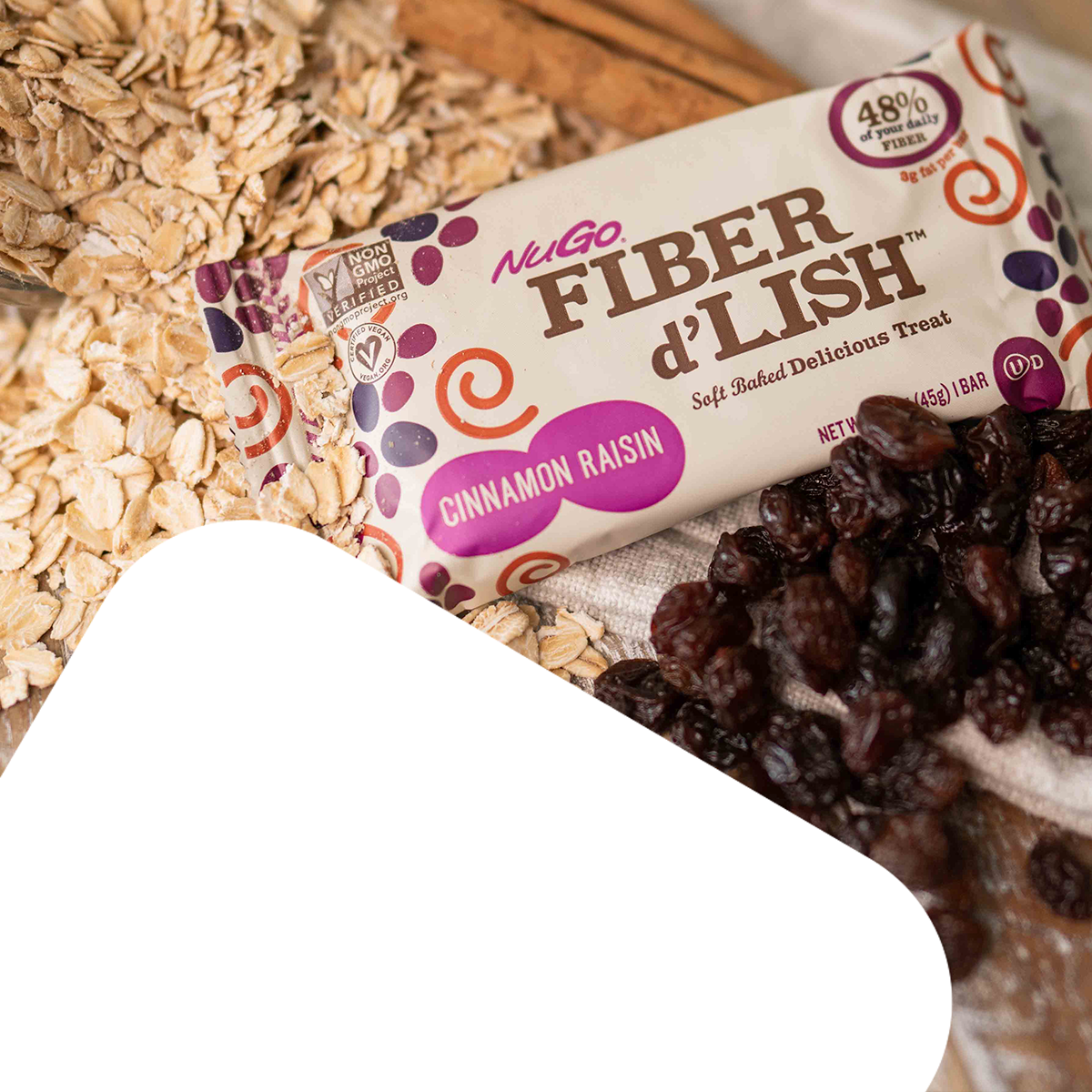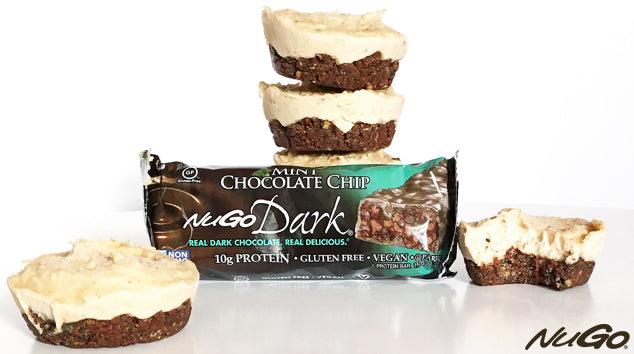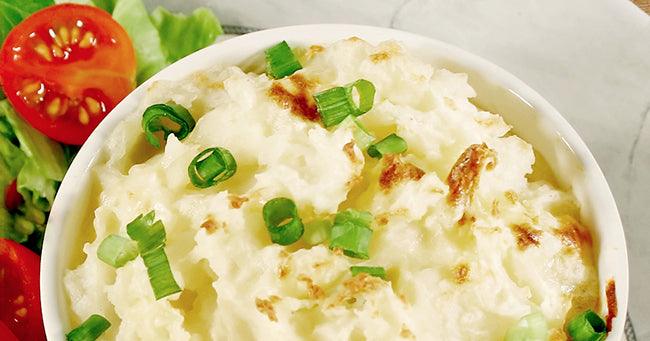Dos and Don’ts for Talking with Teens About Weight
Conversations about weight are a white elephant in the room - awkward. These conversations can be especially challenging when had between a parent and their teenager. Nevertheless, with the high prevalence of weight-related problems among teens, many parents may feel a need to talk about weight with their child. Research shows, however, that talking about diets and weight loss with teens may be counterproductive.
Weight Loss and Lifestyle Behaviors among U.S. Teens
The Centers for Disease Control (CDC) report that 18.4% of adolescents age 12 – 19 are obese (2009 – 2010), raising concerns for psychosocial wellbeing and physical health. In addition, a 2010 CDC survey described heart healthy behaviors among U.S. adolescents as “alarmingly low.” Further, according to a federal government study, just half of American youths get the recommended sixty or more minutes of moderate to vigorous physical activity per day, and less than one-third eat the recommended five or more daily servings of fruits and vegetables.
Parents can encourage healthy lifestyle behaviors that promote physical and psychological health in their children, no matter what their weight. At the same time, what parents say and don’t say is a vital part of the equation.
Teenage Weight Loss: What Not To Say
According to a study published in Pediatrics, researchers found that mothers and fathers who discussed weight and dieting had teens that were more likely to engage in unhealthy weight-control behaviors, binge eating and dieting. Comments from fathers seemed especially powerful, influencing greater likelihood of unhealthy weight loss behaviors. So, parents are best to avoid conversations with their teen children that focus on weight or on losing weight, particularly with teens who are overweight or obese.
Healthy Eating: What To Say
Instead of focusing on weight loss, parents can encourage (and model) healthy lifestyle behaviors including food choices and physical activity. Parents can promote healthy food choices by maintaining a home environment stocked with fruits and vegetables, cheese and yogurt, whole grains and lean sources of protein, and a few treats such as healthy protein bars. Tempting snack foods high in sugar and fat should be limited in the home. The study also showed that overweight or obese teens whose parents talked about healthy eating were less likely to use unhealthy weight loss behaviors.
In summary: Steer clear of discussions about weight loss with your teen child. Instead, engage in positive conversations that focus on the behaviors of healthy eating, nutrition, and an active lifestyle, not the number on the scale.
References:
Berge, J, et al. JAMA Pediatrics, 2013










Leave a comment
This site is protected by hCaptcha and the hCaptcha Privacy Policy and Terms of Service apply.